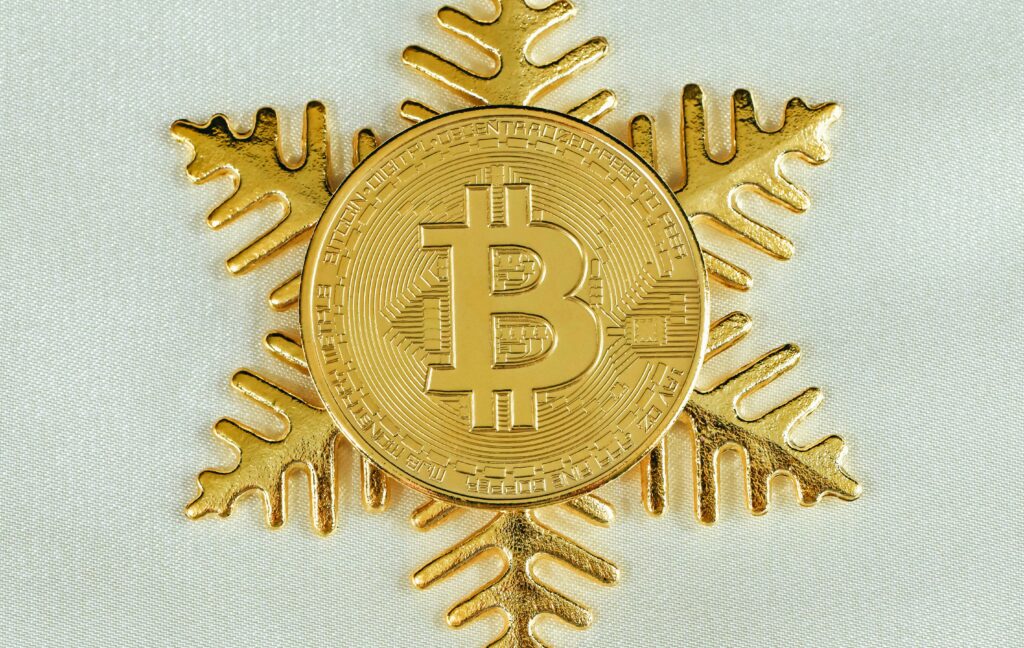Bitcoin’s impact on the economy and inflation is an ongoing debate among economists and financial experts. Here are some points to consider:
1. This change creates confusion for businesses and consumers. **Prediction**: Many people buy and hold Bitcoin as an investment in the hope that its value will increase over time. Such speculation can lead to price fluctuations and bubbles that may not reflect the fundamental value of the currency.
**Inflation Hedge**: Some advocates believe that Bitcoin can hedge inflation like gold. They claim that its hard assets (limited to 21 million coins) protect it from the high inflation that fiat currencies face due to the central bank. **Payment Fees**: Bitcoin transactions may be slower and more expensive than traditional payment methods such as credit cards or wire transfers, especially during busy collaboration periods.
**Adoption and regulation**: The amount of Bitcoin’s impact on the economy and inflation depends on its adoption and how it is regulated by governments and financial institutions. While adoption may lead to greater financial impact, strict regulations may limit its growth and utility.
**Macroeconomic Impact**: In terms of inflation, Bitcoin’s impact will be limited in the short term, given its small market size compared to traditional money. However, as cryptocurrencies grow in importance, their exposure to inflation also increases. In addition to its advantages such as accounting and distribution, it also creates problems such as transferability, flexibility, and management uncertainty. Its long-term impacts are still uncertain and require continued research and evaluation.Bitcoin’s impact on the economy and inflation is an ongoing debate among economists and financial experts. Here are some points to consider:




